The Real Signs Your Embryo Transfer Worked – Don’t Ignore These!
Fertility Treatment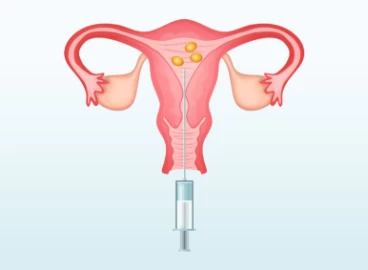
Waiting for the embryo to implant in the uterus is the hardest part of fertility treatment for almost all patients. This two-week period can bring about lots of emotions, from the hope that you finally get pregnant to anxiety that the implantation may fail.
The best way to reduce stress is to know more about what symptoms you may experience during this 14-day wait time after embryo transfer and what symptoms can be counted as failed implantation. In this article, we enumerate the positive signs after embryo transfer and answer some of your frequently asked questions about pregnancy symptoms and failed embryo transfer
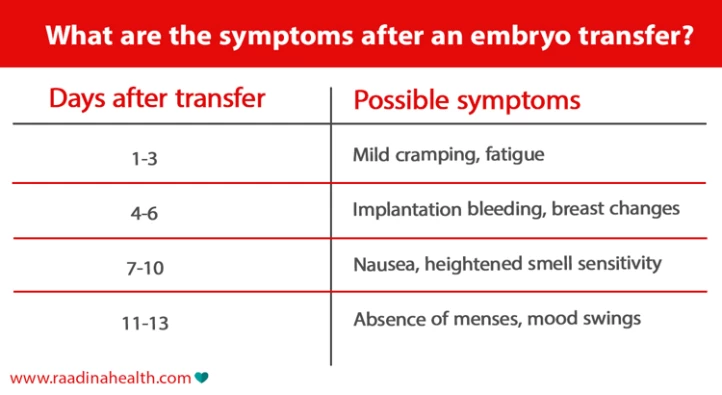
What Is Embryo Transfer?
Embryo transfer is the last and most important step in all assisted reproductive techniques. The fertility doctor transfers the embryo(s) to the cervix or uterus via a narrow plastic tube. The number of embryos transferred differs according to the quality of embryos, maternal age, and the parent’s expectations.
If the embryos are of low quality or the mother’s age is above 35, the fertility doctor transfers more than one embryo to increase the chance of a successful pregnancy. Also, if the parents tend to have twins (triplets), the doctor transfers two or three quality embryos. However, most specialists do not recommend multiple pregnancies as it can risk the mother's and baby's lives.
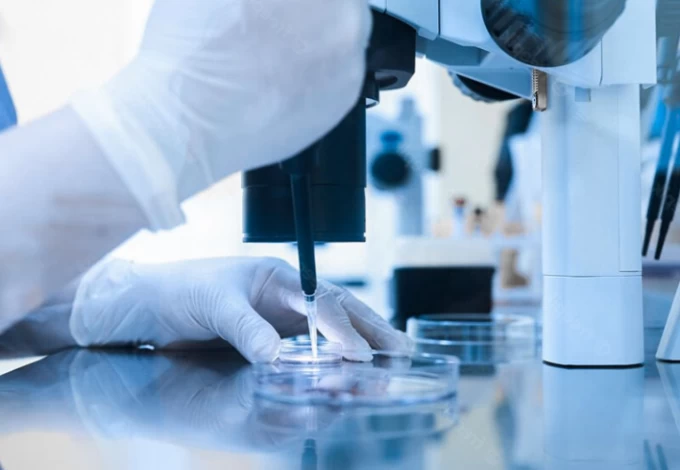
Positive Signs After Embryo Transfer
Before embryo transfer, you must take various fertility drugs containing estrogen and progesterone. These medications may cause positive symptoms similar to the pregnancy ones; therefore, the best way to determine pregnancy after embryo transfer is by taking a blood test.
However, you are probably pregnant if you have most of the following symptoms:
- Missed period
- Bleeding or spotting
- Breast tenderness and soreness
- Cramps
- Fatigue
- Nausea and vomiting
- Bloating
- Increase in vaginal discharge
- Frequent urination
- Feeling heaviness in the lower abdomen
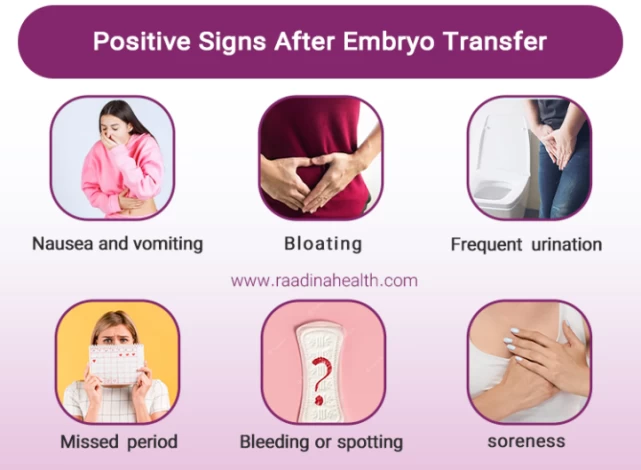
Missed period
The missed period is the first thing that comes to mind when discussing pregnancy. So, if you have regular menstrual cycles but have missed one, you are probably pregnant.
Bleeding or spotting
The first positive sign after embryo transfer is light bleeding or spotting seven days after embryo transfer. Seeing drops of blood on your underwear can be a sign of successful embryo transfer and that the embryo has eventually attached to the endometrium. However, spotting is also a complication of progesterone shots you receive after embryo transfer, so light bleeding might or might not be a pregnancy symptom after embryo transfer.
Breast tenderness and soreness
Like in natural pregnancy, you will experience breast tenderness and soreness after embryo transfer because the pregnancy hormones reach their highest level during this time. But, once again, oral and injectable hormones can make your breasts swollen and painful, so it cannot be a definite sign of embryo implantation.
Cramps
After embryo transfer, cramps can happen for three reasons; you are about to menstruate, the embryo transfer was successful, the fetus is attached to the uterus lining, or your pelvis has been hurt during the transfer procedure.
Also, cramping and mild pain in the lower abdomen can be caused by the progesterone you take after the transfer.

Fatigue
Have you ever been so tired during your period that you couldn’t get up from bed? The progesterone had soared in your blood, making you tired and dizzy. Extreme tiredness is normal during pregnancy as the level of progesterone in the blood is very high. So, fatigue and dizziness can be pregnancy signs after embryo transfer.
Nausea and vomiting
Morning sickness and vomiting usually begin on the 8th week of pregnancy, not in the first two weeks after embryo transfer. So, nausea and upset stomach are not considered definite implantation symptoms. If the cause of your nausea is not anxiety or fertility drugs, you should contact your doctor.

Bloating
When the number of progesterone increases, it causes various digestive problems, especially bloating and abdomen inflammation. So, you will feel bloated when you are pregnant or take progesterone-containing medications.
Increase in vaginal discharge
An increase in vaginal discharge in the first seven days after embryo transfer can be a positive sign after embryo transfer. The discharge during this period is usually white and smelly and probably continues during the first weeks of pregnancy. Remember that you may experience abnormal discharges, infection, burning sensation, and itching due to vaginal suppositories, gel, or tablets. So, having more discharges cannot prove that you are pregnant.
Frequent urination
Frequent urination after embryo transfer, especially at night, can be an early sign of pregnancy after embryo transfer. The reason for frequent urination during pregnancy is a rise in the levels of hCG and progesterone hormones.
Unfortunately, increased urination can also be caused by infection of the reproductive and urinary tracts. So, if you have painful and frequent urination, fever, severe nausea, vomiting, or blood in your urination, contact your doctor as soon as possible.
Feeling heaviness in the lower abdomen
Feeling heaviness and pressure in the lower abdomen can be an implantation symptom. Most of the time, the pressure is accompanied by bloating and swelling of the ovaries. You can minimize the tightness by using warm (not hot) bags on your belly and having enough rest.
No Symptom After Embryo Transfer
Whether using a fresh or frozen embryo, the signs of pregnancy after the embryo transfer are the same. Interestingly, having no symptoms after embryo transfer is normal and does not imply that your embryo implantation has failed. 10 to 15 patients with no symptoms after embryo transfer have had healthy pregnancies, resulting in live births.
When to Take a Pregnancy Test After Embryo Transfer?
Although taking a pregnancy test soon after embryo transfer is tempting, you must wait 14 days before taking it because the placenta secretes hCG -or pregnancy hormone- 10 to 12 days after embryo transfer. Therefore, it would be better to wait two weeks before taking a beta or home pregnancy test, as these tests can sometimes show false results and make you disappointed and nervous.
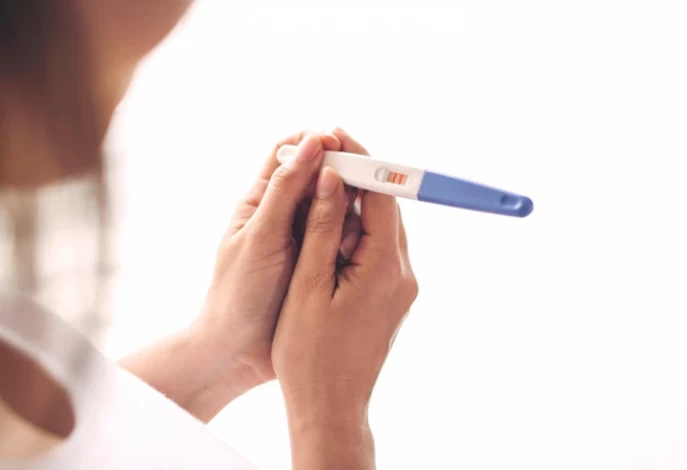
Embryo Transfer in IVF and ICSI
The initial procedures of IVF and ICSI are the same, including blood work, physical examinations, and medications that should be taken. In the IVF treatment, the harvested egg and sperm are placed in a laboratory dish where the sperm penetrates the egg and fertilizes it. In this reproductive system method, the sperm must be healthy enough to fertilize the egg.
In ICSI treatment, conversely, motile and healthy sperm is chosen and directly injected into the center of the egg using a microscope and micropipette (a narrow, tiny needle). This technique is mainly suitable for couples because the male partner’s sperm lacks the necessary parameters (count, motility, concentration, and morphology).
However, the embryo transfer process in both these methods is the same. The embryo is cultured in the laboratory for three to five days. After performing PGT tests, it is transferred to the mother’s (or surrogate’s) uterus using a cannula and ultrasound probe. The first positive symptoms after IVF or ICSI embryo transfer are cramps, nausea, and vomiting, but you should still take reliable tests -such as blood and urine- to ensure you are pregnant.
Fertility Treatment in Iran
Whether the cause of your infertility is known or not, Iranian fertility specialists can help you have children quickly. In Iran, various assisted reproductive technologies such as IVF, IUI, ICSI, donor sperm/egg, and surrogacy are practiced in standard hospitals and by the hands of proficient, knowledgeable doctors, so you can be assured that your treatment will be 90% successful. Finally and most importantly, the cost of fertility treatments in Iran ranges between 1.000 to 3.000 USD, which is incomparable to other countries, especially the Western ones.
FAQs About Positive Signs after Embryo Transfer
How soon after embryo transfer do you feel pregnancy symptoms?
During the first week after embryo transfer, you probably experience pregnancy-like symptoms such as nausea, vomiting, fatigue, and bloating.
How do you know if embryo transfer has worked?
Cramps, white and smelly discharges, and spots are the first positive signs after embryo transfer. However, only a reliable post-embryo transfer pregnancy test can confirm the pregnancy with 100% accuracy.
How soon after embryo transfer can your test become positive?
You have to wait 10 to 14 days before taking a pregnancy test. If you take a pregnancy test sooner, the results can be false-positive or false-negative.
Where do you feel embryo implantation is?
Pregnant after embryo transfer, you may have mild pain or cramps in the middle of your abdomen, lower back, lower abdomen, or pelvic area.
How do you know if an embryo has not been implanted?
Heavy bleeding, severe pain in the abdomen, and brown discharge are the main signs of failed embryo transfer. However, you cannot be sure your embryo has not been implanted until you take a pregnancy test or undergo an ultrasonic examination.
Do frozen embryos take longer to implant?
Generally, there is no difference between fresh and frozen embryos regarding the speed of implantation. If the embryo has high quality, is genetically normal, and the endometrium is receptive, the fresh/frozen embryo can grow at normal speed and result in a healthy pregnancy.
What are the common symptoms 21 days after embryo transfer?
Around 21 days after embryo transfer, many women notice early pregnancy signs such as breast tenderness, fatigue, mild nausea, and mood changes. While these can suggest a successful transfer, a blood test or home pregnancy test is the most reliable way to confirm pregnancy.
Is stomach tightness normal after embryo transfer?
Yes, mild cramping or a feeling of tightness is common due to hormonal changes or uterine adjustments. Severe or sudden pain should be checked by a doctor.
Is frequent nighttime urination normal after embryo transfer?
Yes, frequent urination, especially at night, can occur due to increased hCG levels and uterine changes. It’s a common early pregnancy symptom.
What does period-like cramping 10 days after embryo transfer mean?
Mild cramping around 10 days post-transfer is often due to embryo implantation. However, heavy bleeding or severe pain should be reported to a doctor immediately.
Do all post-transfer symptoms mean the embryo transfer was successful?
No, symptoms vary. Some women may have no symptoms and still be pregnant, while others with mild symptoms may not have a successful pregnancy. Blood tests or ultrasounds are essential for confirmation.

 WhatsApp
WhatsApp
 Telegram
Telegram
 Facebook
Facebook
 Email
Email

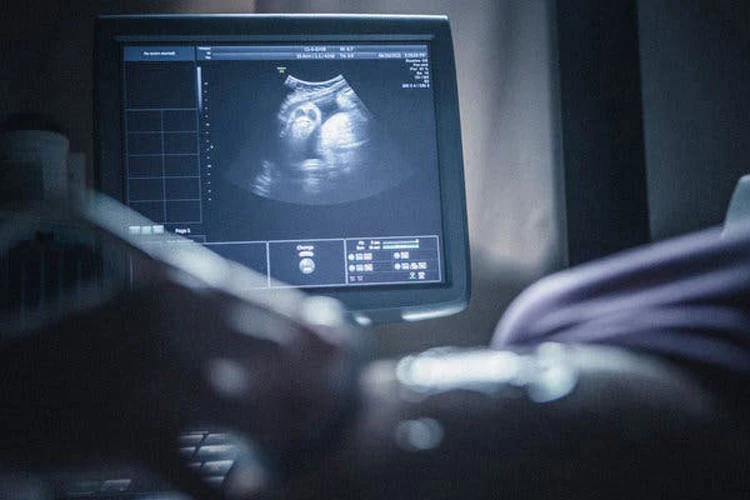
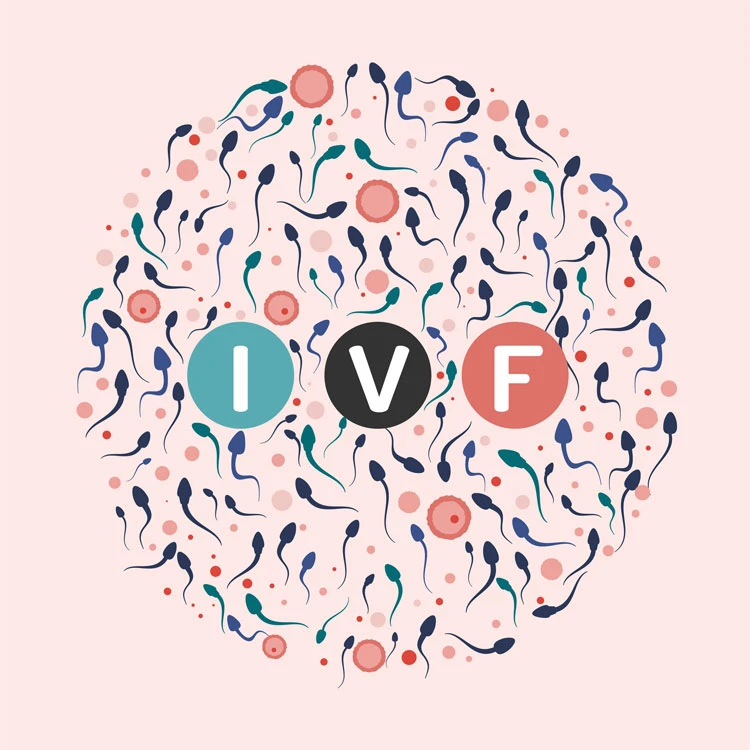
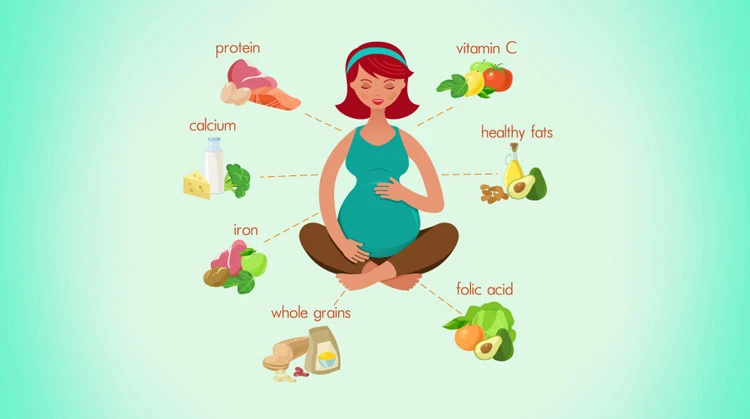
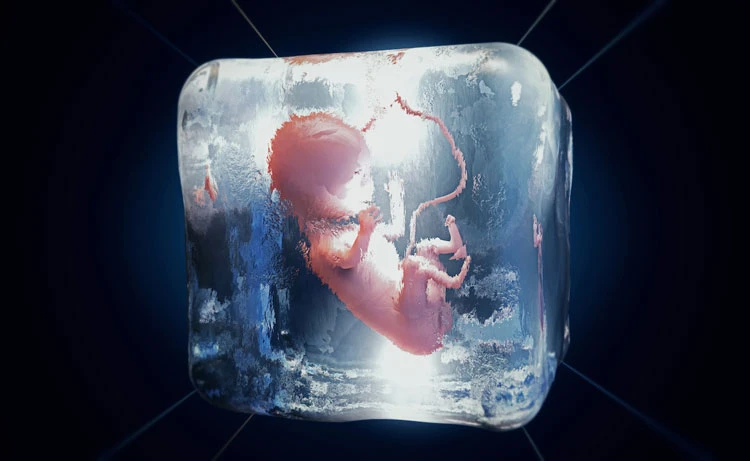


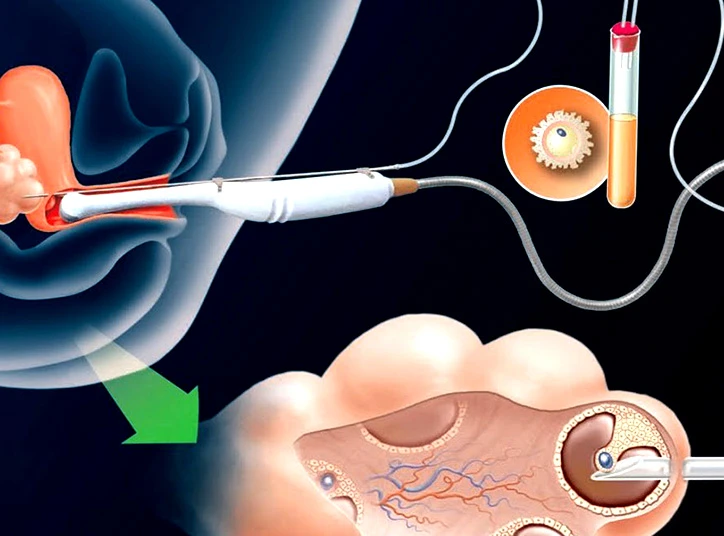

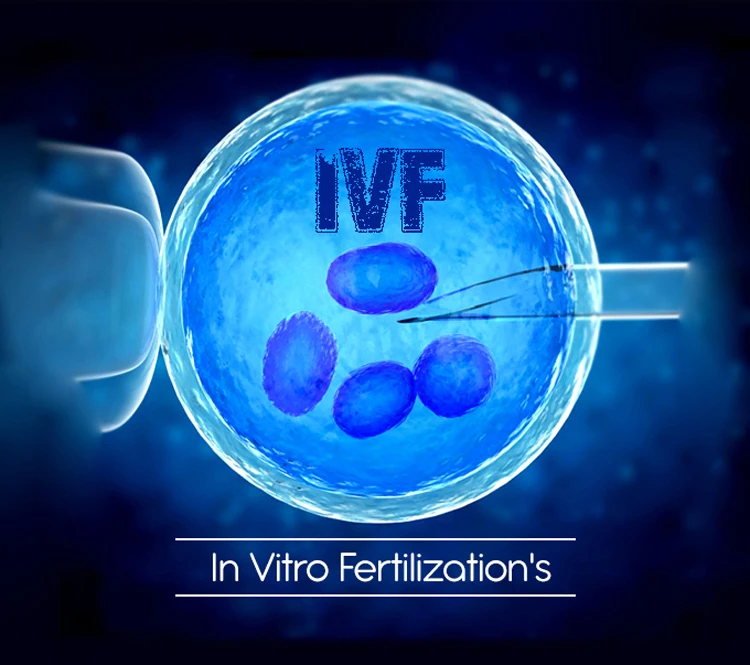

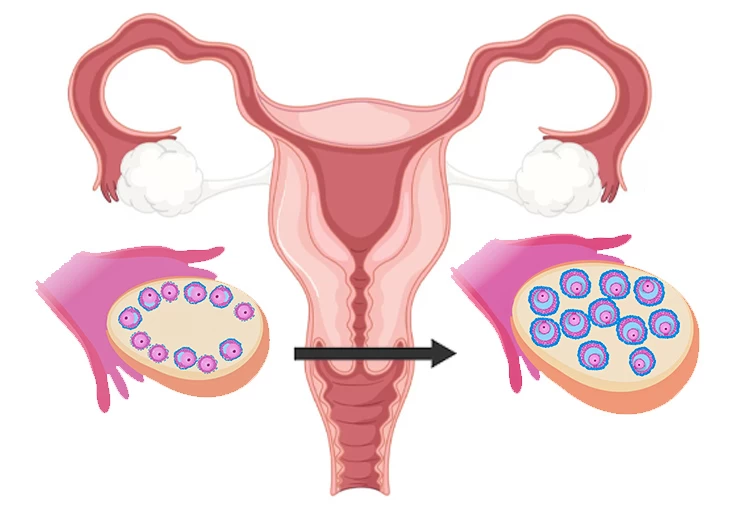


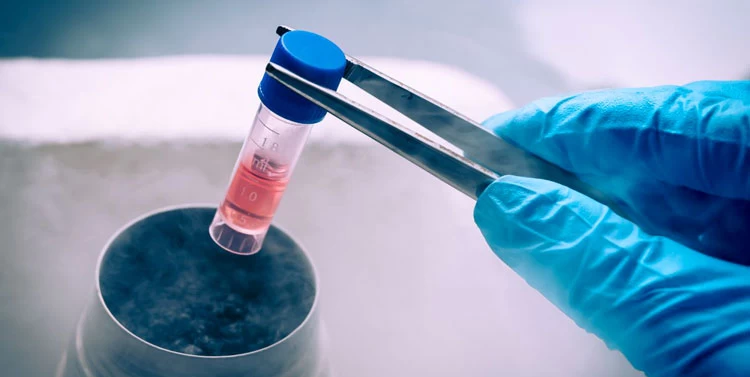

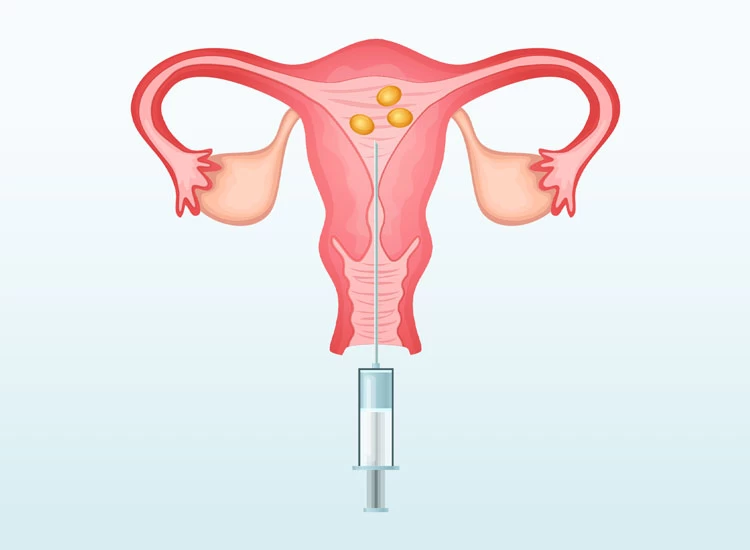
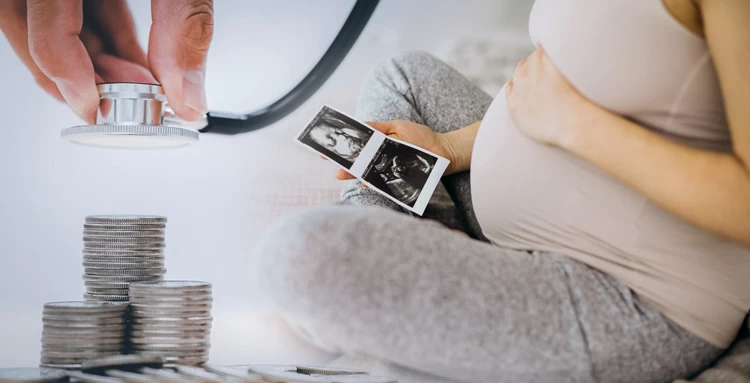


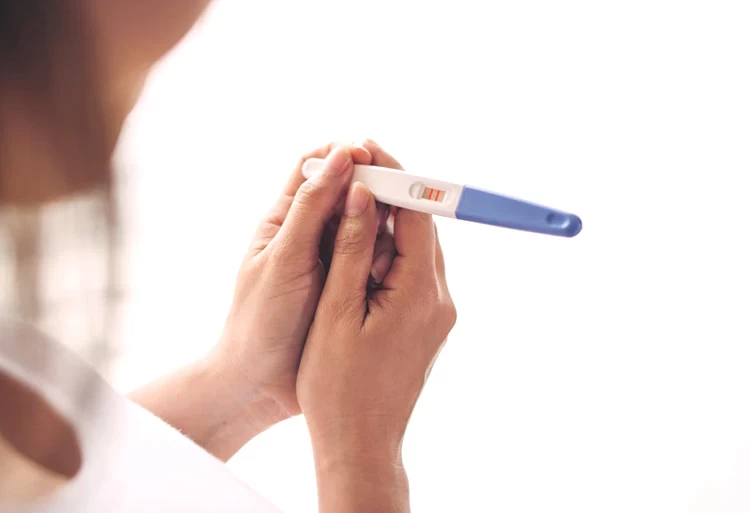
User
-Thank you for breaking down the embryo transfer process step by step—it really helped ease my anxiety.